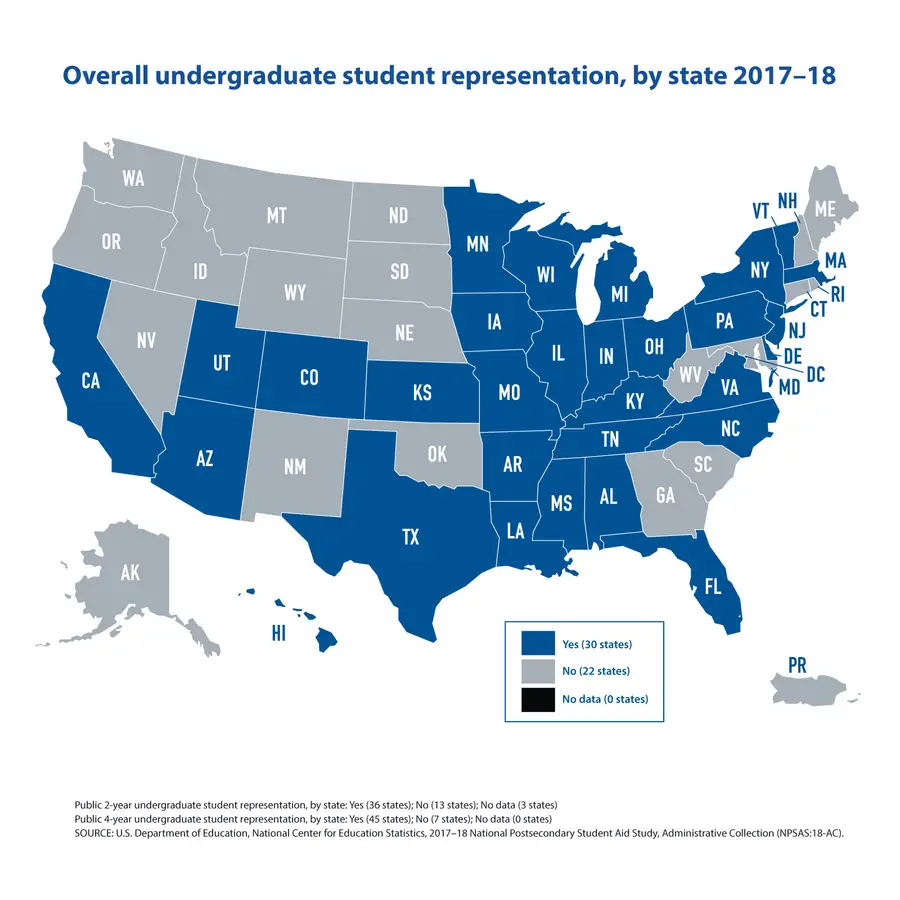An addition to our longstanding student aid study fills a gap for policymakers
For more than three decades, policymakers and stakeholders in the postsecondary education space have relied on the National Postsecondary Student Aid Study (NPSAS) for comprehensive data on how students and families pay for college in the United States. RTI International (RTI) has conducted NPSAS and related projects since 1990, adapting and enhancing the studies over time.
In 2018, in the middle of the typical four-year NPSAS study cycle, we conducted a new study, known as NPSAS:18-AC (“Administrative Collection”). This study provides some of the same data as NPSAS about financial aid and student demographics. It does not include the usual NPSAS student surveys, but instead uses data collected from institutions, government databases, and other administrative sources. NPSAS:18-AC goes beyond typical NPSAS results, which examine national level data, by allowing for comparisons in public 2-year and public 4-year institutions across 30 individual states.
New state-level data on student aid
Many of the major college aid programs in the U.S. are federal, but postsecondary education policy is set by states. Prior to the collection of NPSAS:18-AC, institutions and policymakers did not have access to a national student-level dataset that was representative of individual states. This made comparisons across and within states challenging for stakeholders.
By providing state-level data for comparison of public 2-year and public 4-year institutions, NPSAS:18-AC is especially useful to state university systems and membership organizations that represent colleges and universities. These and other stakeholders now have access to data on different states’ experience with sources of financial aid, broken down by student demographics and type of postsecondary institution. These data are particularly useful for comparing states with differing approaches to state financial aid, including merit- and need-based aid programs and tuition/aid models.

How our postsecondary expertise makes this possible
RTI has decades of experience in postsecondary education research, and deep expertise in surveys and data collection. Federal agencies, especially the National Center for Education Statistics, rely on our longitudinal studies and program analyses to enable informed decision-making at the highest levels. We also maintain relationships with state systems of higher education, state membership organizations, and staff at educational institutions across the country. These longstanding relationships, combined with our knowledge of education policy and federal, state, and institution financial aid, ensure our leadership status in the field.
NPSAS:18-AC is the latest example of how our researchers pursue new opportunities and methods to suit the needs of our clients and contribute to the purpose of understanding higher education in the United States. It is a key addition to our portfolio of large-scale, nationwide studies that will remain relevant as the postsecondary education landscape continues to evolve.
RTI is a trusted resource for informing the education and policy community with high quality data and service. To learn more about our surveys and data collection capabilities, click here.
- National Center for Education Statistics

